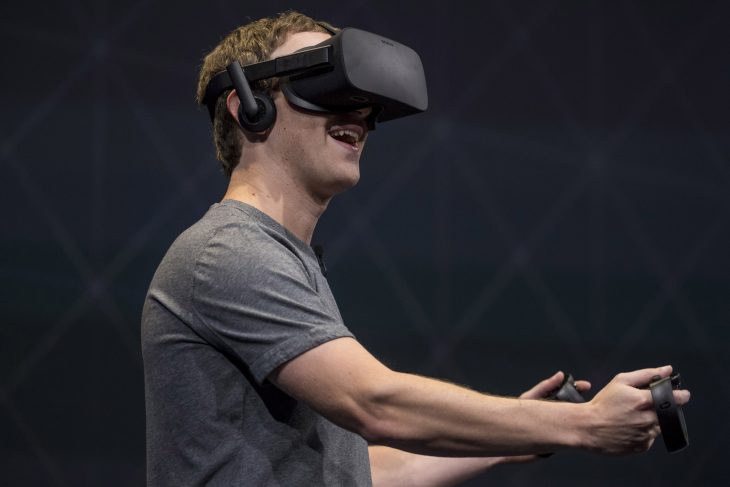Judge revises the terms of ZeniMax’s win against Facebook

A US District Judge has revised the victory that ZeniMax won against Facebook last year as part of the on-going Oculus legal battle.
ZeniMax were originally awarded $500 million by a jury in Texas, showing that they believed that Facebook Oculus stole virtual reality trade secrets after they were acquired by Facebook. Now judge Ed Kinkeade has ruled that ZeniMax will be awarded $250 million instead, with $50 million being awarded for copyright infringement and $200 million for a breach of contract.
The case ZeniMax has against Facebook states that Palmer Luckey, John Carmack of id Software, and a number of other former employees of ZeniMax worked together in order to reverse engineer and research the code for Oculus Rift. the code was copyright protected and therefore the property of ZeniMax.
Of the approximately 42 billion lines of code Oculus claim that only seven were taken from the code ZeniMax own, They argued that this meant that the copyright infringement wasn’t substantial enough to justify the extortionate claim of $500 million in damages. Judge Kinkeade certainly seems to have agreed, but he also dropped the damages brought specifically against Oculus co-founders Brendan Iribe and Palmer Luckey in light of the alteration.
After their initial win ZeniMax pushed further, demanding that Oculus Rift products be taken off of shelves and from sale everywhere. Oculus argued well by saying that ZeniMax had no rival product which was being directly harmed by theirs, and that it would place unfair hardship on the company. Again in this Kinkeade agreed and ruled against ZeniMax.
ZeniMax have released a statement expressing their joy at winning $250 million, but also their disappointment that it’s been halved from the original figure. They continued to insist that they’ve been seriously harmed by the unlawful use of this code, while Paul Grewal, Vice President and Deputy General Counsel for Facebook, said that this revision was confirmation of what they’ve been saying all along, that the case against Oculus was deeply flawed. Adding that it will not affect the company’s future determination in changing the VR industry.


